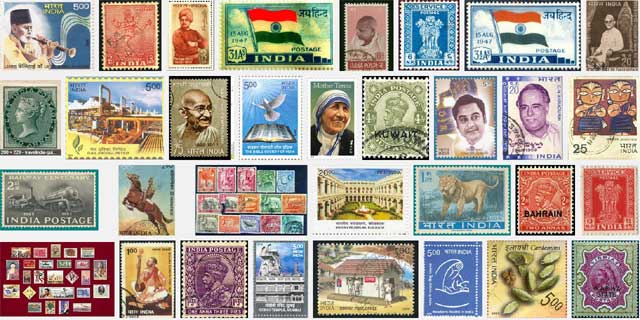Free Courses Sale ends Soon, Get It Now


Free Courses Sale ends Soon, Get It Now



Copyright infringement not intended
Context - Commemorative stamp to honour former Prime Minister P.V. Narasimha Rao got leaked before their official release.
Details
Commemorative Stamps
Guidelines for issue of Commemorative Postage Stamps
P.V Narasimha Rao (1921 – 2004)
© 2024 iasgyan. All right reserved